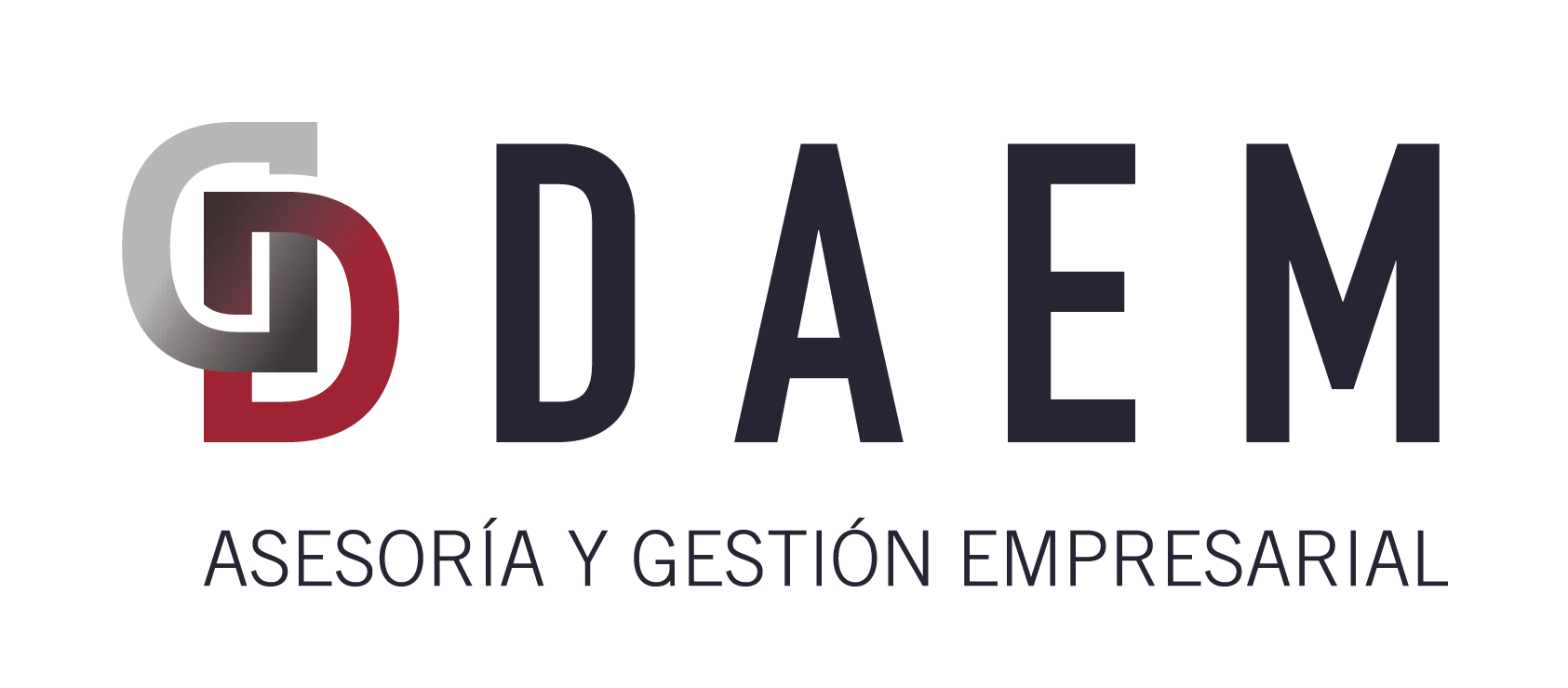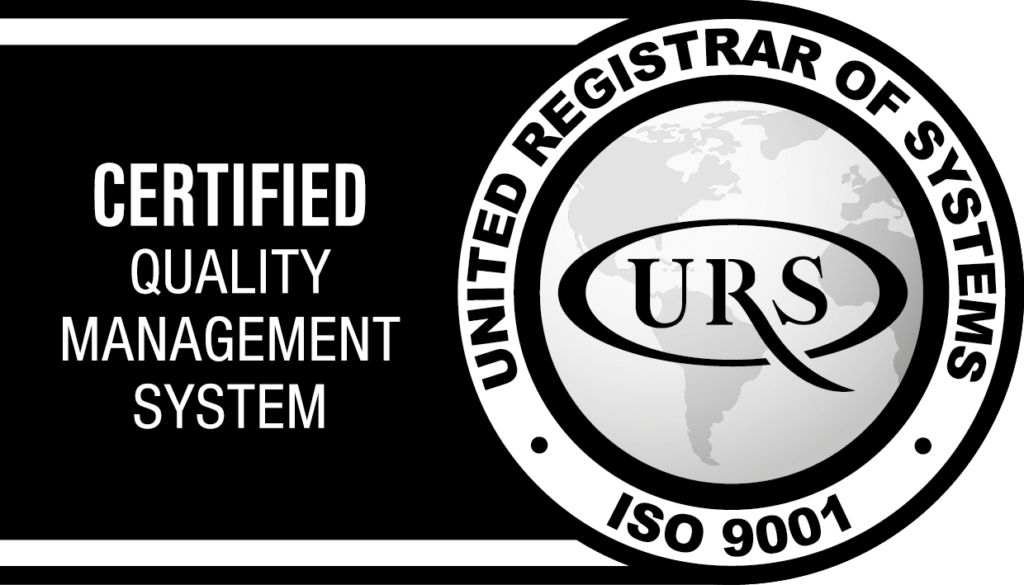This article is an essential guide if you’re looking for information on Model 200, that is, Corporate Income Tax. We’ll explain its nature, who must submit it, key dates, its purpose, and whether it can be postponed.
For any other questions about this tax form, remember you can contact DAEM. Our team of specialized tax advisors is available to help you with any queries you have about this or any other tax documentation.
What is Model 200?
Model 200 is the mandatory form for the annual Corporate Income Tax declaration in Spain. Public limited companies, private limited companies, and other legal entities use it to report their earnings and settle the tax related to their fiscal year. This document comprehensively summarizes the income, expenses, deductions, and bonuses that impact the calculation of the tax payable.
It’s essentially the corporate mirror of Model 100 (the Income Tax Return for individuals), but adapted and specific for the taxation of companies under Corporate Income Tax (IS).
Who is Obliged to Declare Model 200?
It is mandatory for every legal entity established in Spain to submit Model 200. This includes:
- Commercial companies of various types (S.A., S.L., etc.)
- Public administration entities at various levels (state, regional, provincial, and local)
- Real estate investment funds
- Temporary business unions (UTEs)
- Venture capital funds
- Pension funds
When Should Model 200 Be Declared?
The submission of Model 200 is annual, and the deadline to do so is six months from the end of the entity’s fiscal year.
It’s crucial to remember that this date isn’t fixed for everyone, as it depends on when each company’s tax period concludes. For example, if your fiscal year aligns with the calendar year, the deadline for submitting this form will be July 25th of the following year.
If you’re unsure about your deadlines, we recommend consulting with your tax advisor at DAEM.
What is the Purpose of Model 200?
Model 200 is fundamental for determining the exact amount of Corporate Income Tax that a company must pay. Through this form, companies detail all relevant financial aspects of their fiscal year, such as income, expenses, and deductions, allowing them to precisely calculate the tax due.
What Happens if Model 200 Isn’t Submitted by the Deadline?
If the Corporate Income Tax declaration is submitted late, without a prior request from the Tax Agency, the company will face surcharges for late filing and potential late payment interest if the result is payable. The surcharges are as follows:
- Less than 3 months late: 5% surcharge
- Between 3 and 6 months late: 10% surcharge
- Between 6 and 12 months late: 15% surcharge
- More than 12 months late: 20% surcharge plus late payment interest
If the result of the declaration is zero or a refund, a fine of 100 euros will be imposed.
If it’s the Tax Agency that detects the delay and sends a request, the penalty is significantly higher, potentially amounting to fines of 50% to 150% of the settlement result.
What Options Are There to Postpone the Submission or Payment of Model 200?
Postponing the payment of Model 200 is a viable option if the entity doesn’t have sufficient liquidity to cover the tax. To request it, you must submit a postponement or installment payment application to the Tax Agency.
- If the amount owed is less than 50,000 euros, you can request a postponement of up to 12 months, although this might vary depending on whether the entity is a company or a freelancer.
- If the amount is more than 50,000 euros, it will be necessary to provide guarantees such as a bank guarantee, a mortgage, or a surety bond. Depending on the type of guarantee provided, the postponement period can be extended, but it will never exceed 36 months.
How Do Model 202 and Model 200 Connect?
Model 202 is the fractional payment of Model 200. It functions as an advance payment of Corporate Income Tax, made in three distinct payments throughout the year. These payments are made on account of the tax that is finally declared annually in Model 200.
At DAEM, we strive to provide accurate and up-to-date information in our articles and publications. However, it’s important to note that the complexity of tax matters can vary and be subject to regulatory changes. We want to emphasize that, while we aim to offer quality content, we do not assume responsibility for inaccuracies or omissions that may arise. In tax matters, obtaining expert guidance is fundamental to adequately address the specifics of each case.








